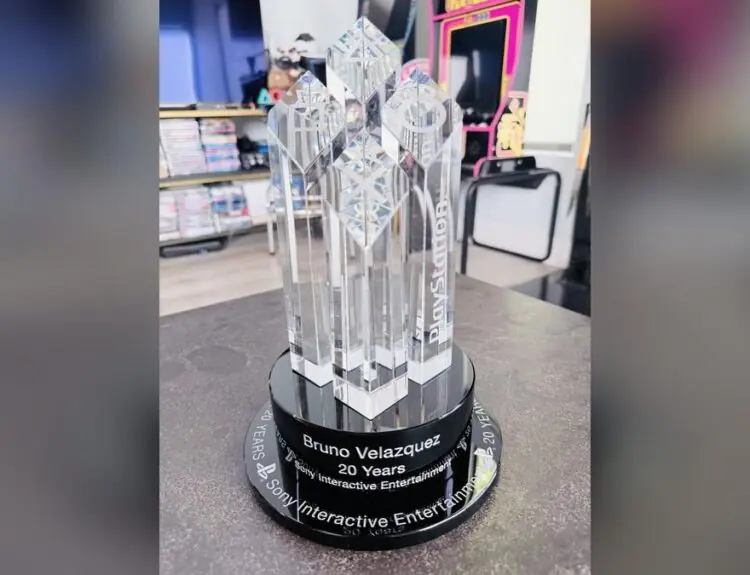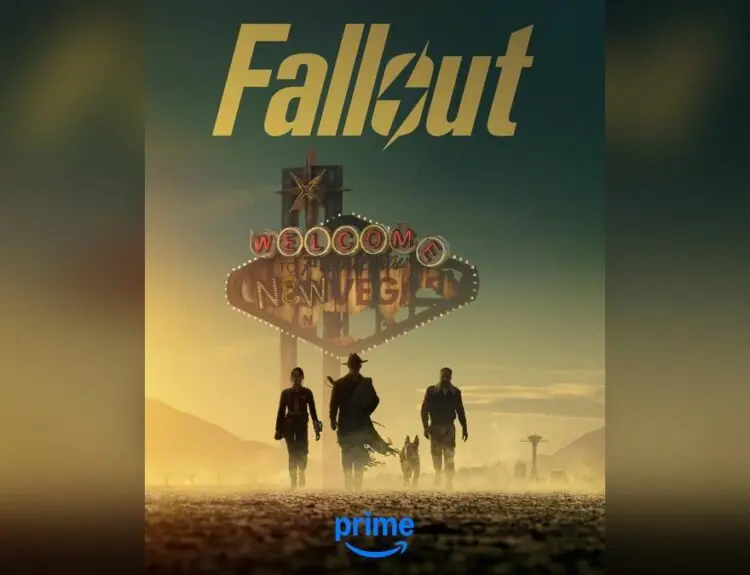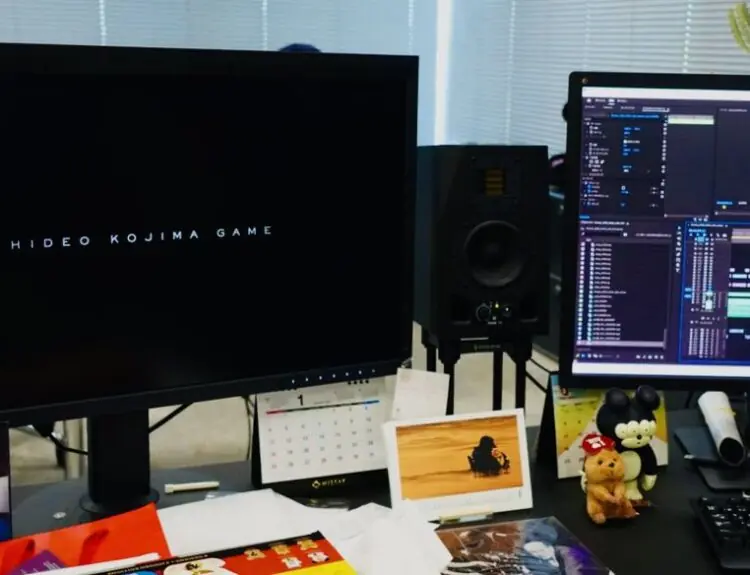The question of the day is: did Epic Games steal the likeness of a character to create a dancing emote on Fortnite? Epic Games, Matthew Geiler, and the public will find out the answer to that burning question sooner or later.
Back in October, Geiler, better known as the former-viral sensation “Dancing Pumpkin Man” sent Fortnite developer Epic Games a cease-and-desist letter demanding that they remove the “Pump it Up” emote from the game.
Geiler claims that the character he created is trademarked, and Epic Games has used his likeness to make money.
Well, Epic Games has retaliated and has filed a formal complaint with a judge stating that the “Dancing Pumpkin Man” character was not stolen. Therefore, they can continue using the emote.
Here is a video comparing the emote and the almost 15-year old pumpkin dance:
If interested, here is the full video of Geiler’s dancing masterpiece:
So, to reiterate, Geiler served the cease-and-desist letter demanding Epic Games to get rid of the “Pump It Up” emote from Fortnite, and Epic Games has filed a complaint against Geiler, claiming that the emote is not stealing his likeness.
The complaint covers a lot of areas, including the emote, their legal ability to use it, and the actual character of the Pumpkin Man.
They point to the fact that they never reference the name of the character, they have used a different-looking jack-o-lantern and that possibly, Geiler’s character is not truly unique.
Epic Games has said that the pumpkin head in Geiler’s dance is not unique, and by researching a massive number of pumpkin heads used by characters in different movies, games, etc., they can prove it.
Furthermore, the game developer claims that since Geiler didn’t make the leotard or dance to originally composed music, the character itself may not be trademarkable after all. The song that Geiler dances to in the original video is the extremely popular Ghostbusters song.
Epic Games has filed this complaint and hopes to hear back from the judge as soon as possible, with the ultimate goal of deterring Geiler and his business, Sick Picnic Media, from pursuing further legal action.
The judge’s ruling is a fascinating case study for anyone interested in intellectual property. Will this set a precedent, or is there a precedent that has already been established?
In this new technology era, judges are regularly called upon to make rulings on situations that haven’t happened before in human history. Who will win, the Pumpkin Man, or the gaming corporation?







